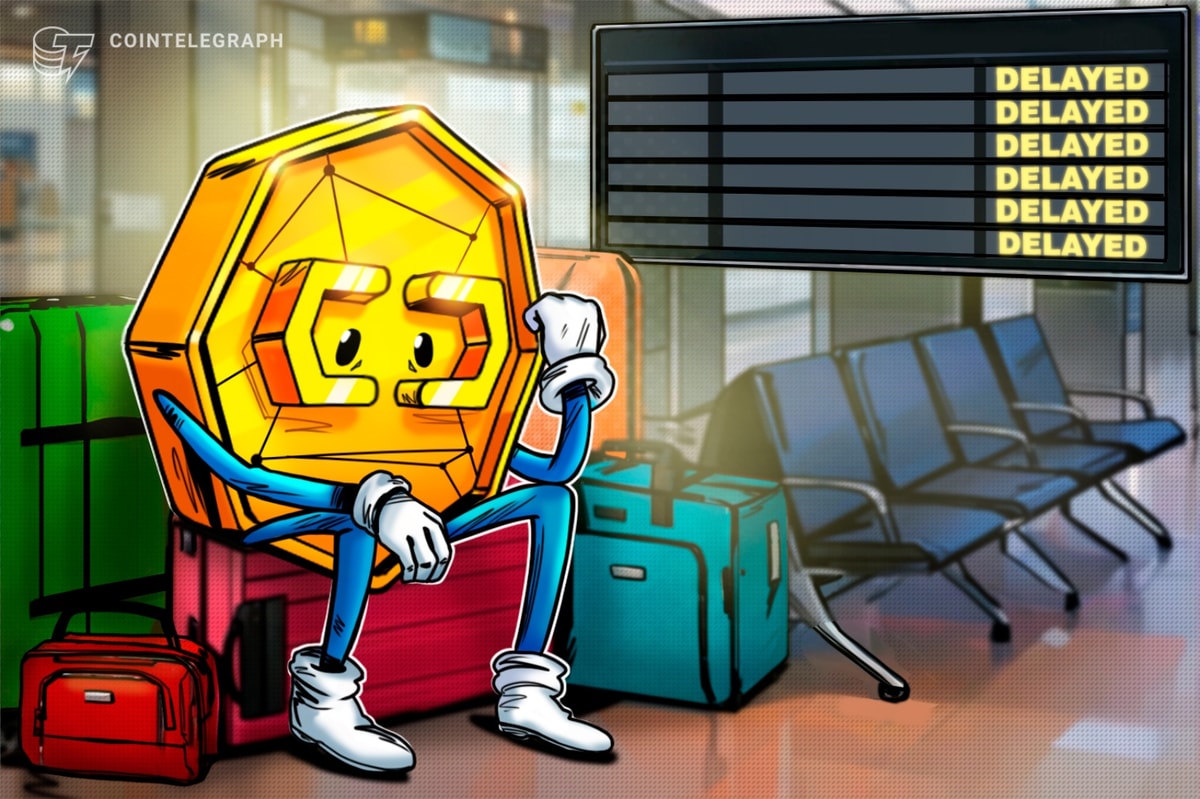The theoretical deflationary properties of Ethereum’s London upgrade last week have already been seen in action on the blockchain, with almost 800 “deflationary blocks” produced.
A spike in the Ethereum transaction fee burn rate has resulted in at least two hours when the supply was deflationary. The network has come under heavy load over the past couple of days, which has resulted in a lot more gas being burnt.
As of 22:00 UTC, ETH Burn Bot recorded an instance when 545 Ether (ETH) was burned within a one-hour period. With Ethereum issuance reported at 532 ETH per hour, it resulted in the asset seeing deflation of minus 13 ETH for that brief period.
A larger deflationary burn was detected by ETH Burn Bot a couple of hours later, in which 945 tokens were burned within the hour resulting in a temporary negative issuance of -417 ETH. It calculated this as an annualized deflation rate of -3.12%.
945.1184 $ETH burned last hour.
— ETH Burn Bot (@ethburnbot) August 10, 2021
Issuance: 528.0000 ETH
Net Change: -417.1184 ETH
Annualized: -3.12%
2021-08-10 22:00-23:00 UTC
Last Block: 13000300
Cumulative : 24,942.1282 ETH
When the amount of ETH burned is greater than the mining reward, deflationary blocks are produced and the supply temporarily decreases. This has been observed on a tracker from advisory firm Carbono, which is currently reporting that there have been 791 deflationary blocks so far and defines them as blocks where the burned fee exceeded the mined ETH.

When the London hard fork was deployed on Thursday, it introduced the highly anticipated Ethereum Improvement Proposal (EIP) 1559 upgrade that adjusted the transaction fee calculation system. Part of that adjustment introduced a mechanism that burns a portion of the base fees collected.
According to ultrasound.money, which tracks the amount burned, 25,600 ETH has been burned at the time of writing. At current prices, this equates to around $80 million in just under a week.
The Ethereum economy is not expected to see sustained deflation until the fee burning is combined with the reduction in block reward issuance as a result of the merge to proof-of-stake at some stage in 2022.
Related: Ethereum network burns $395K ETH per hour after London upgrade
The news is not all good for Ethereum users, however, as gas prices have increased again. According to BitInfoCharts, the average transaction price has climbed to $20 from a low of around $4 in late July. Etherscan’s gas tracker is reporting as much as $28.60 for a token swap on Uniswap.
The surge in demand for Ethereum block space has been driven by nonfungible tokens, with the OpenSea marketplace, Gala Games’ Vox and Axie Infinity all in the top four for gas burning with a combined total of 2,200 ETH, or $7 million burned so far.











